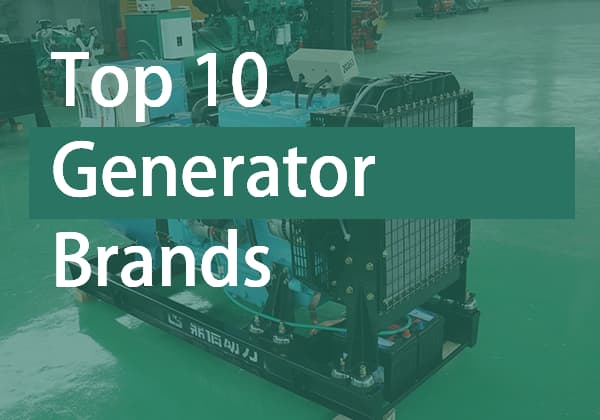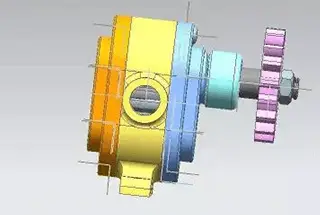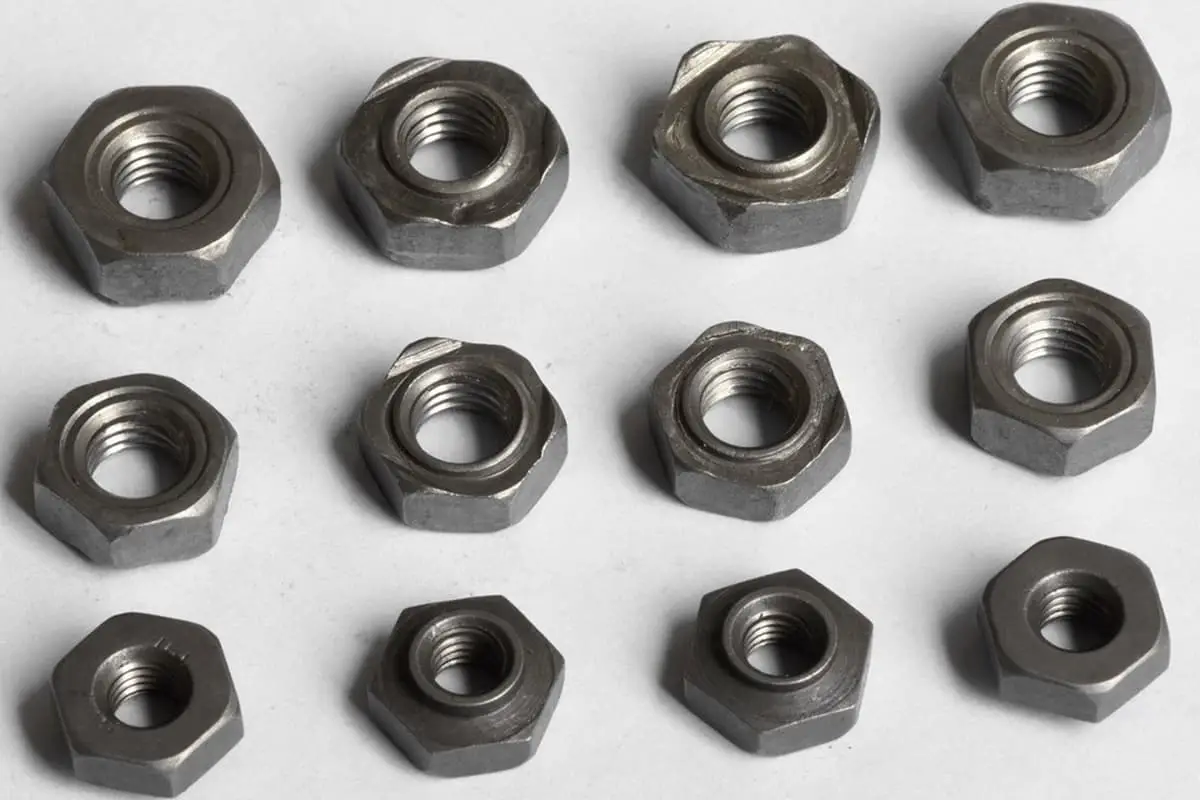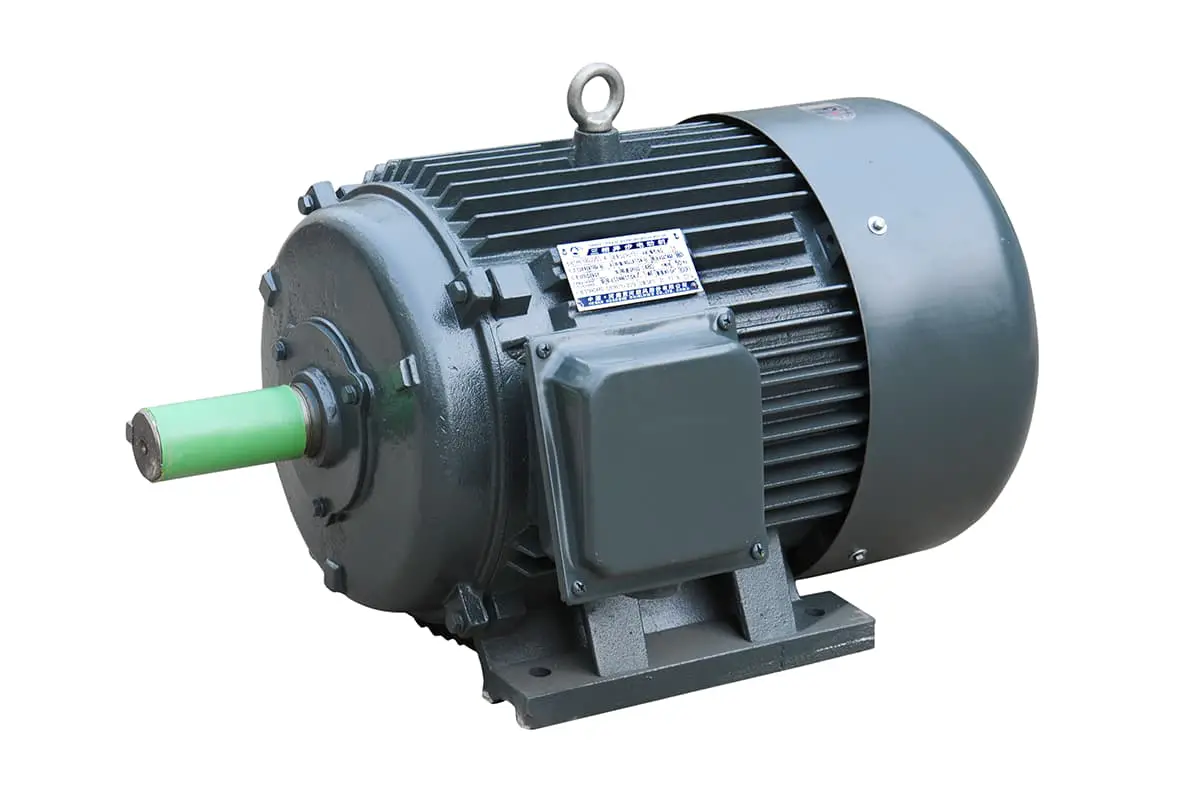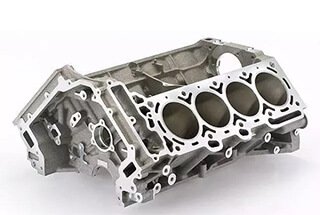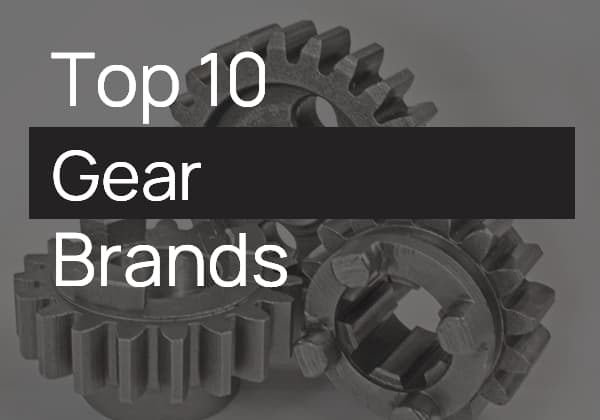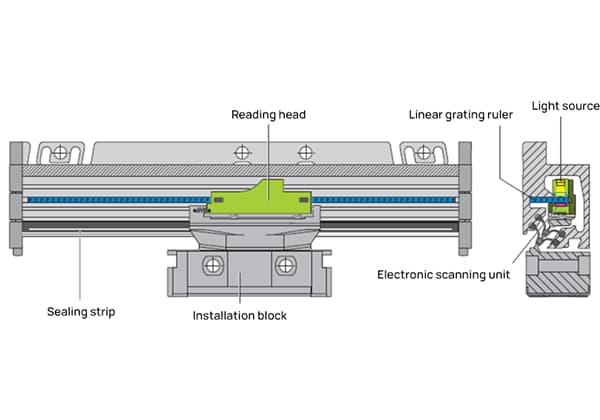
Imagine a factory where every machine runs smoothly, production never halts, and costs stay low. This is the promise of effective equipment management. By ensuring optimal planning, maintenance, and updates, companies can achieve peak efficiency and safety. In this article, you’ll learn how strategic equipment management can prevent costly downtimes, improve productivity, and drive technological advancement. Discover the crucial roles, objectives, and the significant impact of well-managed equipment on a company’s success.
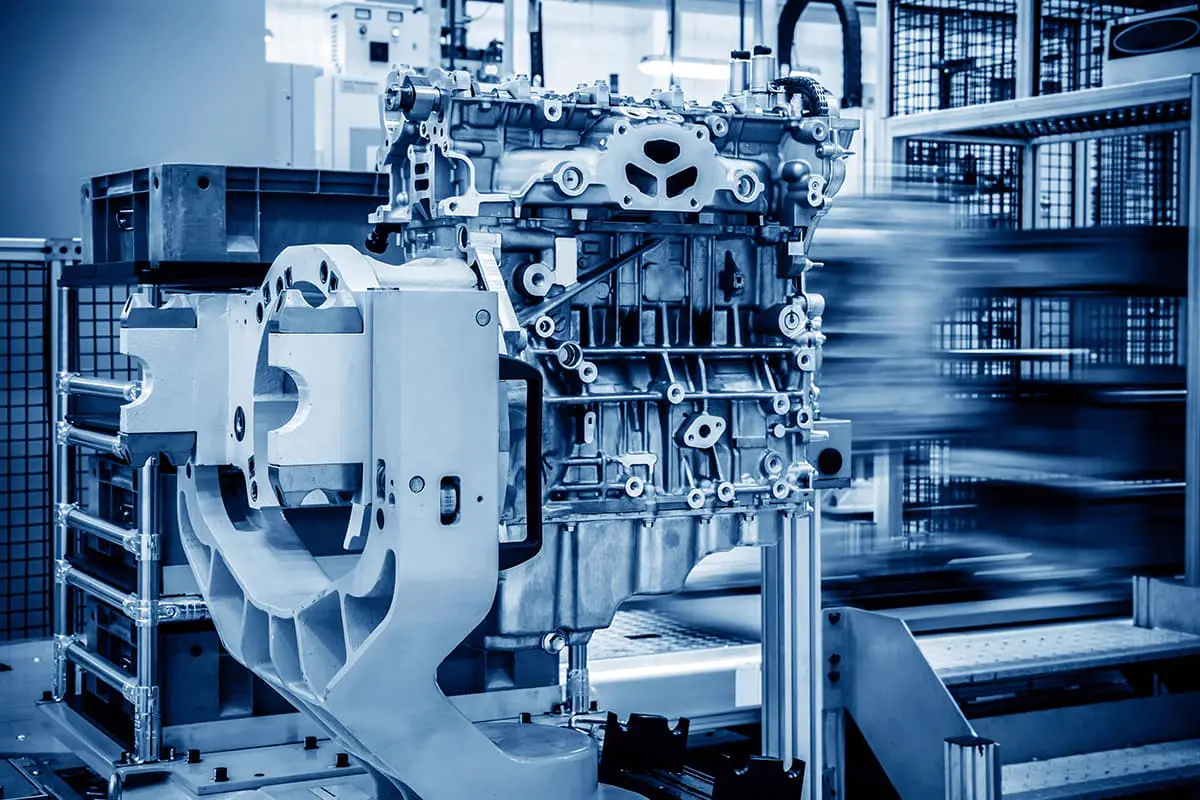
The primary objective of equipment management is to accurately implement the policies and guidelines of the Party and the state.
This is achieved by adhering to the regulations and systems issued by the state, various ministries, and the parent company, and managing the production equipment through technical, economic, and managerial measures.
The goal is to ensure comprehensive planning, rational allocation, optimal selection, correct usage, meticulous maintenance, scientific overhaul, timely renovation, and updates of equipment.

It ensures that the equipment remains in good technical condition for the most economical life cycle cost, high energy efficiency, and adaptability to the needs of production development.
The specific tasks of equipment management are as follows:
i. Develop comprehensive equipment strategies for the company, including thorough analysis of current and required assets. Create data-driven plans for equipment acquisition, allocation, optimization, maintenance, modernization, and replacement cycles, aligned with business objectives and industry trends.
ii. Procure optimal technical equipment through strategic decision-making, considering factors such as technological advancements, total cost of ownership, operational efficiency, and sustainability. Evaluate options for manufacturing, purchasing, or leasing based on rigorous cost-benefit analyses and long-term value creation.
iii. Implement state-of-the-art equipment management and maintenance systems, leveraging predictive maintenance technologies and IoT sensors. Optimize equipment performance, reliability, and lifespan while minimizing operational costs through condition-based monitoring and proactive maintenance strategies.
iv. Conduct in-depth studies on equipment degradation mechanisms, including wear patterns, failure modes, and reliability metrics. Utilize advanced diagnostic tools, non-destructive testing methods, and data analytics to ensure equipment precision and performance consistently meet or exceed production requirements and industry standards.
v. Execute strategic equipment upgrades and renovations aligned with product quality enhancement, new product development, safety improvements, energy efficiency goals, and environmental sustainability initiatives. During major overhauls, integrate cutting-edge technologies, materials, and processes to elevate equipment modernization and overall manufacturing capabilities.
vi. Optimize equipment management practices using data-driven decision-making and lean principles. Implement life cycle cost management strategies, focusing on reducing energy consumption, minimizing maintenance expenditures, and maximizing equipment ROI through effective utilization and performance optimization.
vii. Develop a highly skilled technical workforce through comprehensive training programs encompassing both technical expertise and professional development. Address the evolving demands of large-scale, automated, and mechatronic-driven chemical enterprises by cultivating multidisciplinary skills in equipment management and maintenance personnel.
viii. Foster a culture of continuous improvement and innovation in equipment management. Conduct applied research, facilitate knowledge sharing, and engage in industry collaborations to tackle complex equipment challenges. Actively seek and implement best practices and emerging technologies from both domestic and international sources.
ix. Enhance spare parts management through advanced inventory control systems and supply chain optimization. Implement just-in-time inventory practices, leverage predictive analytics for demand forecasting, and explore opportunities for additive manufacturing of critical components to reduce lead times and inventory costs.
x. Cultivate a company-wide equipment management mindset through cross-functional collaboration and employee engagement initiatives. Implement structured programs for operator-driven maintenance, encourage innovation from all levels, and recognize contributions to equipment reliability and performance improvements.
The primary goal of equipment management is to leverage cutting-edge, cost-effective machinery while ensuring its efficient, sustainable, safe, and economical operation through strategic measures. This approach maximizes the company’s return on investment and overall economic benefits.
Equipment management is a critical component of corporate strategy, intricately linked with operational excellence. In manufacturing environments, robust equipment management practices ensure:
The economic impact of effective equipment management cannot be overstated. For instance, in a 300,000-tonne synthetic ammonia plant, a malfunctioning compressor can trigger a cascading shutdown of the entire system, resulting in substantial production losses and potential safety hazards. Proactive maintenance strategies and real-time monitoring systems can significantly mitigate such risks.
Furthermore, a comprehensive equipment management approach drives continuous innovation and upgrades of existing machinery. It facilitates:
As science and technology advance, industrial operations are becoming increasingly large-scale and sophisticated. The complexity of machinery and equipment continues to evolve, incorporating advanced materials, precision components, and intelligent systems. This technological progression presents both opportunities and challenges for equipment management:
Equipment management is the material foundation for ensuring the company’s production and reproduction, and it is also the basis for modern production. It signifies the level of national modernization and scientific and technological expertise.
It has significant importance in ensuring increased production, ensuring product quality, developing product types, product renewal, and reducing costs.
(1) The Position of Equipment in Companies
i. Equipment is an essential labor tool for workers to create material wealth for the country. It is a valuable national asset and the material and technical basis for modern construction.
ii. Equipment is the main body of a company’s fixed assets, generally accounting for 60% to 70% of the total value of fixed assets. It is the materialized funds of the company and the tangible assets of the company.
iii. Equipment plays a decisive role in productivity and is one of the three elements of productivity.
iv. Equipment is one of the five elements of safe production in the company, namely “people, machines, materials, laws, and environment”.
“Person” refers to all personnel on the company’s site.
“Machine” refers to the facilities, equipment, tools, and other auxiliary production tools used in the company. During production, whether the equipment operates normally and the quality of tools are another element that affects production progress and product quality.
“Material” refers to raw materials, semi-finished products; spare parts, finished goods, etc.
“Law” refers to rules, the various rules and regulations that company employees need to follow. Without rules, there can be no standards. Various rules and regulations are a strong guarantee for company personnel to strictly follow procedures, ensure production progress and product quality, and improve work efficiency.
“Environment” refers to both the physical and the cultural environment, both of which can also impact product quality.
(2) The Role of Equipment Management in Enterprise Management
Equipment management forms the foundation of enterprise management. Each stage and process in production requires strict coordination. The continuity of production mostly depends on the normal operation of the equipment.
If equipment fails and stops, the process will be interrupted, leading to a halt in the entire production line. Therefore, only by strengthening management, operating correctly, and maintaining diligently to keep the equipment in good technical condition, can we ensure the continuity and stability of production.
Hence, equipment management is the basis of enterprise production management and one of the core managements.
Equipment management guarantees the quality of products and services. Quality is the lifeblood of an enterprise, which must rely on sophisticated equipment and effective management; otherwise, quality issues will occur.
Based on the philosophy that “the next process is our customer”, poor equipment reliability leading to delays in later stages of the process and hindering the achievement of production plans, equates to failing to meet the service quality expected by the customer.
Equipment management is the prerequisite for safe production. Poor management can lead to equipment accidents and personnel injuries. Therefore, equipment management personnel must prioritize creating a safe and environmentally friendly production environment.
Equipment management is a crucial guarantee to reduce production costs and improve economic benefits. The costs of product raw material consumption, energy consumption, maintenance fees, and more are all amortized into the product cost, all of which are directly related to the equipment.
Equipment management affects the input of product costs and the output of enterprises. Therefore, it is necessary to demand quality and benefit from the equipment.
Equipment management is a crucial condition for the long-term development of an enterprise. To survive and develop in the fierce market competition, enterprises need to continuously adopt new technologies, develop new products, rely on scientific and technological progress, improve equipment levels, and ensure the long-term development of enterprises.
Any industrial management system and technical management system are designed to meet and adapt to the needs of scientific and technological and industrial development at that time.
With the dramatic expansion of enterprise production scale and the improvement of management modernization, the status of equipment management becomes increasingly prominent and its role increasingly significant.
In the modern management phase, due to the rapid development of science and technology, many production processes in enterprises are gradually replaced by machines and equipment, so production begins to be influenced by equipment.
The role of equipment management in enterprise management has become increasingly important.
(3) The Role of Equipment Management in Production and Technological Progress
The labor productivity of industrial enterprises is not only affected by the technical level of workers and the level of equipment management but also depends on the perfection of equipment. The technical status of equipment has a direct impact on enterprise production.
With the progress of science and technology, the degree of mechanization and automation of chemical production is getting higher and higher, and the production devices are all continuous.
The completeness of equipment status has an even more significant impact on the entire continuous production line. For example, in a certain oil refinery, the continuous production system comprised of a vacuum distillation unit, a catalytic cracking unit, and a delayed coking unit.
If any equipment fails, it could cause the production device or even the entire factory to stop production. For a fluid catalytic cracking oil refining unit with an annual output of 900,000 tons, each day of production stoppage will cause a direct economic loss of over a million yuan.
Moreover, chemical production equipment often operates under high temperature, high pressure, and high-speed conditions and is often located in environments with flammable, explosive, toxic, and corrosive media.
If equipment accidents occur, not only will it result in loss of state property and economic benefits, but it may also cause personal accidents and environmental pollution.
Therefore, good equipment management is crucial for the safe production and economic operation of chemical enterprises.
Equipment management plays a promoting role in technological progress and industrial modernization. This is because on the one hand, the process of scientific and technological progress is also the process of continuously improving labor means.
New achievements in science and technology are often quickly applied to equipment. In a sense, equipment is the crystallization of science and technology.
On the other hand, the emergence of new labor means further promotes the development of science and technology. The application of new processes and materials, and the development of new products all rely on equipment.
Therefore, improving the scientific nature of equipment management, strengthening the technical transformation and updating of in-use equipment, and striving for technical progress of different degrees every time equipment is repaired and updated, is crucial for promoting technological progress and realizing industrial modernization.



